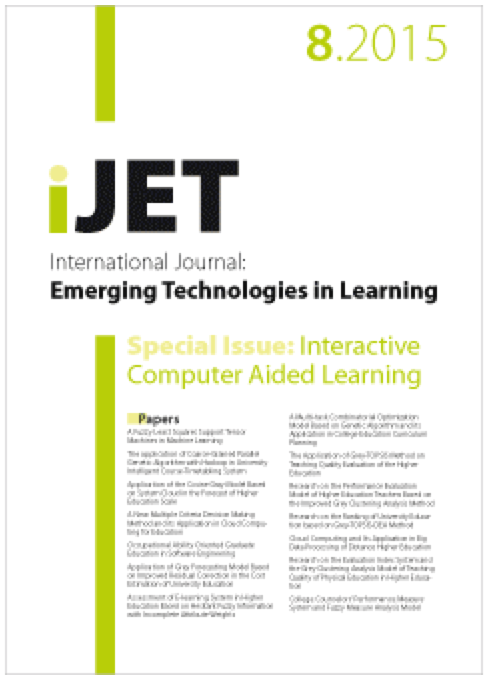It happened – a crazy study – and it becomes true. I just wrote a small article already a couple of months ago. I together with 98 coauthors wrote an article, following consequently the idea of Abdul Al Lily and now the publication got published. The title is rather promising „Academic domains as political battlegrounds: A global enquiry by 99 academics in the fields of education and technology“ and so I guess it is worth to read.
Abstract:
This article theorizes the functional relationship between the human components (i.e., scholars) and non- human components (i.e., structural configurations) of academic domains. It is organized around the following question: in what ways have scholars formed and been formed by the structural configurations of their academic domain? The article uses as a case study the academic domain of education and technology to examine this question. Its authorship approach is innovative, with a worldwide collection of academics (99 authors) collaborating to address the proposed question based on their reflections on daily social and academic practices. This collaboration followed a three-round process of contributions via email. Analysis of these scholars’ reflective accounts was carried out, and a theoretical proposition was established from this analysis. The proposition is of a mutual (yet not necessarily balanced) power (and therefore political) relationship between the human and non-human constituents of an academic realm, with the two shaping one another. One implication of this proposition is that these non-human elements exist as political ‘actors’, just like their human counterparts, having ‘agency’ – which they exercise over humans. This turns academic domains into political (functional or dysfunctional) ‘battlefields’ wherein both humans and non-humans engage in political activities and actions that form the identity of the academic domain.
For more information about the authorship approach, please see Al Lily AEA (2015) A crowd-authoring project on the scholarship of educational technology. Information Development. doi: 10.1177/0266666915622044.
[Link to Full Article @ ResearchGate]
[Link to Full Article @ Journal Homepage]
Reference: Al Lily, A., Foland, J., Stoloff, D., Gogus, A., Erguvan, I., Awshar, M., Tondeur, J., Hammond, M., Venter, I., Jerry, P., Vlachopoulos, D., Oni, A., Liu, Y., Badosek, R., López de la Madrid, M., Mazzoni, E., Lee, H., Kinley, K., Kalz, M., Sambuu, U., Bushnaq, T., Pinkwart, N., Adedokun-Shittu, N., Zander, P., Oliver, K., Pombo, L., Sali, J., Gregory, S., Tobgay, S., Joy, M., Elen, J., Jwaifell, M., Said, M., Al-Saggaf, Y., Naaji, A., White, J., Jordan, K., Gerstein, J., Yapici, İ., Sanga, C., Nleya, P., Sbihi, B., Lucas, M., Mbarika, V., Reiners, T., Schön, S., Sujo-Montes, L., Santally, M., Häkkinen, P., Al Saif, A., Gegenfurtner, A., Schatz, S., Vigil, V., Tannahill, C., Partida, S., Zhang, Z., Charalambous, K., Moreira, A., Coto, M., Laxman, K., Farley, H., Gumbo, M., Simsek, A., Ramganesh, E., Birzina, R., Player-Koro, C., Dumbraveanu, R., Ziphorah, M., Mohamudally, N., Thomas, S., Romero, M., Nirmala, M., Cifuentes, L., Osaily, R., Omoogun, A., Seferoglu, S., Elçi, A., Edyburn, D., Moudgalya, K., Ebner, M., Bottino , R., Khoo, E., Pedro, L., Buarki, H., Román-Odio, C., Qureshi, I., Khan, M., Thornthwaite, C., Kerimkulova, S., Downes, T., Malmi, L., Bardakci, S., Itmazi, J., Rogers, J., Rughooputh, S., Akour, M., Henderson, J., de Freitas, S. and Schrader, P. (2016). Academic domains as political battlegrounds: A global enquiry by 99 academics in the fields of education and technology. Information Development. doi:10.1177/0266666916646415.

